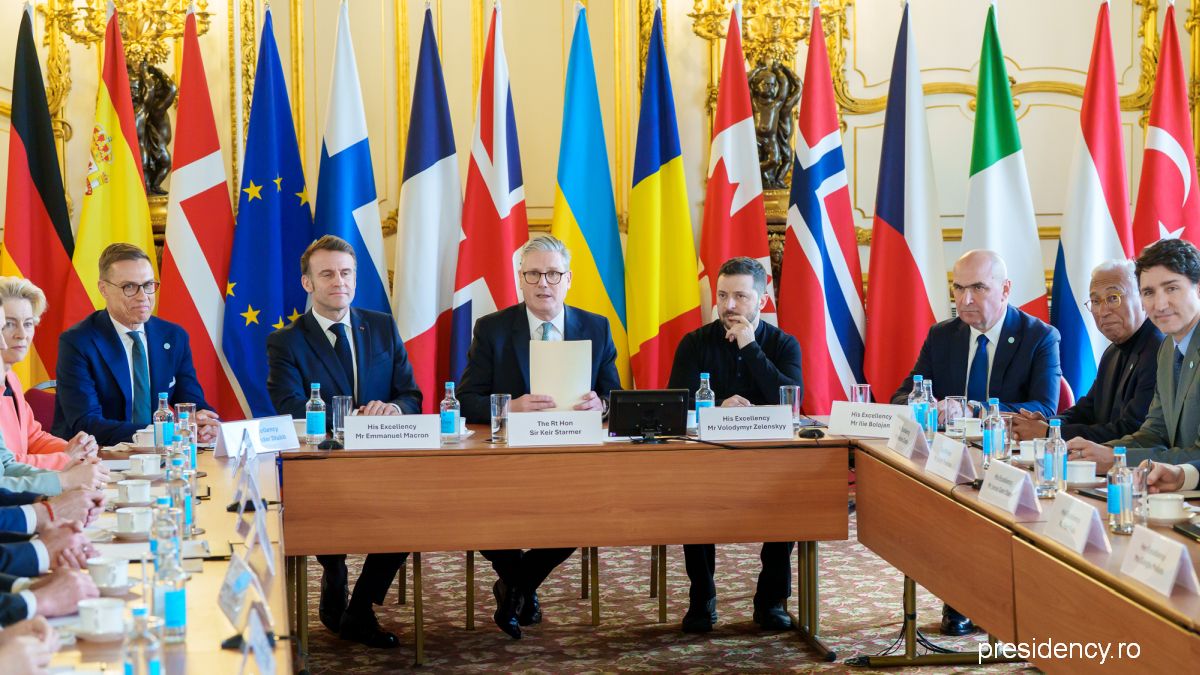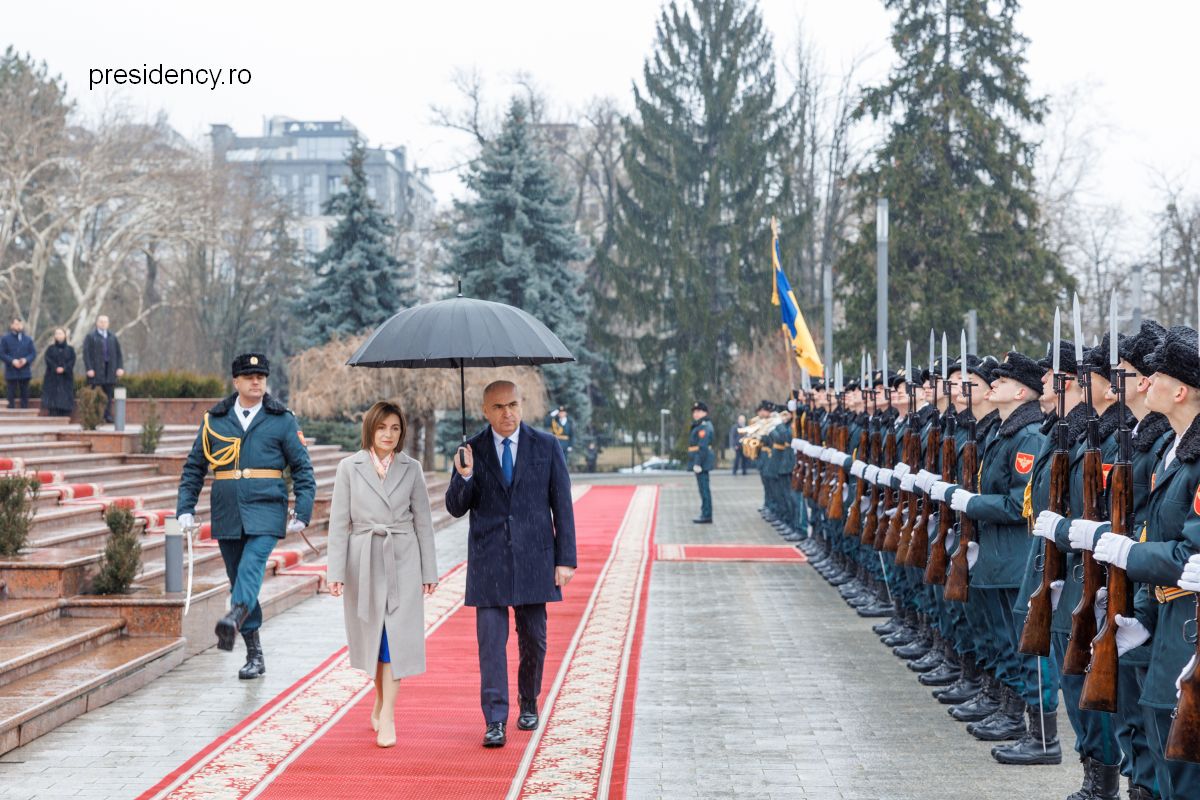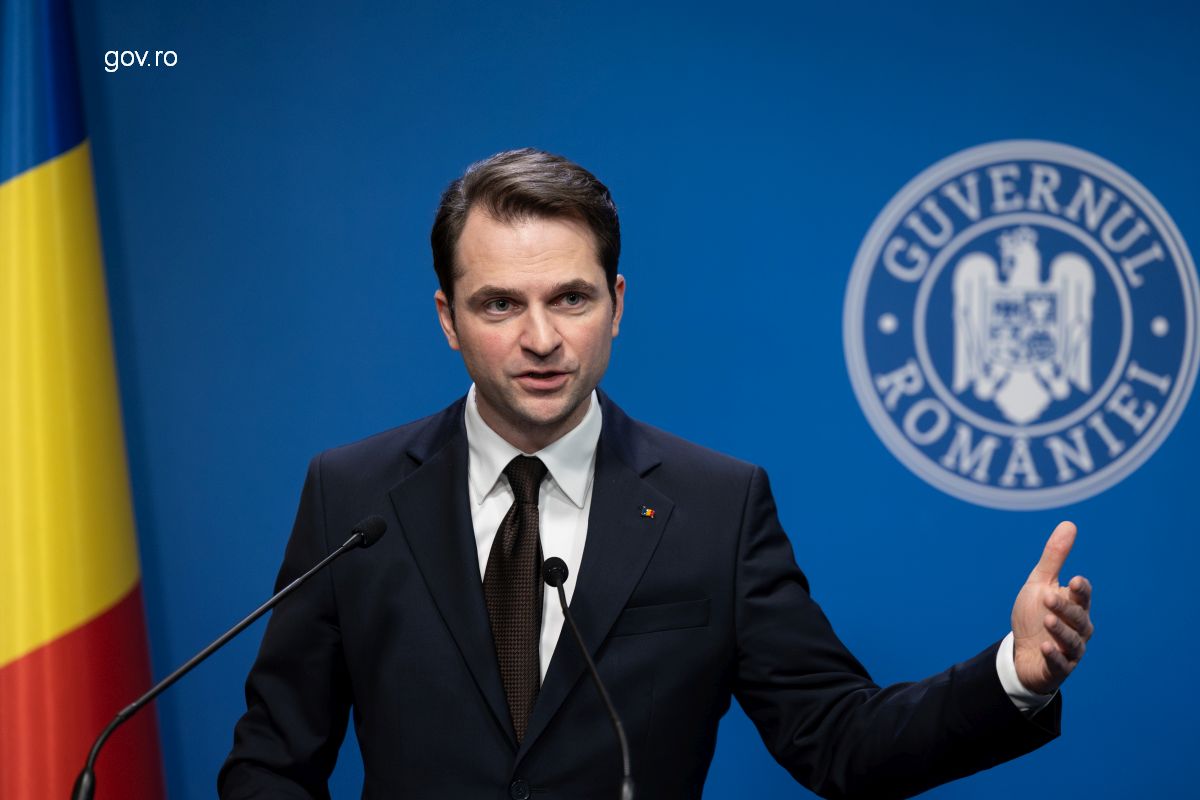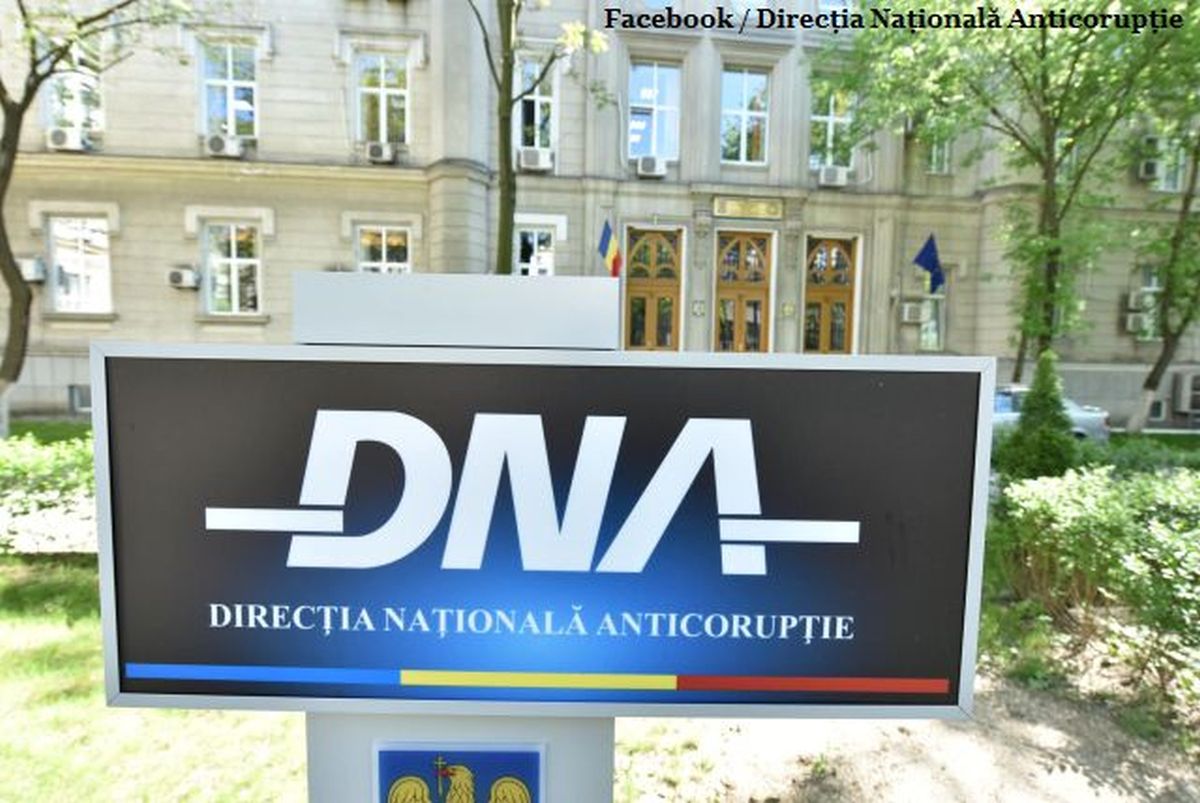Bessarabia’s Unification with Romania
Every year, March 27th marks Bessarabia's Unification with Romania
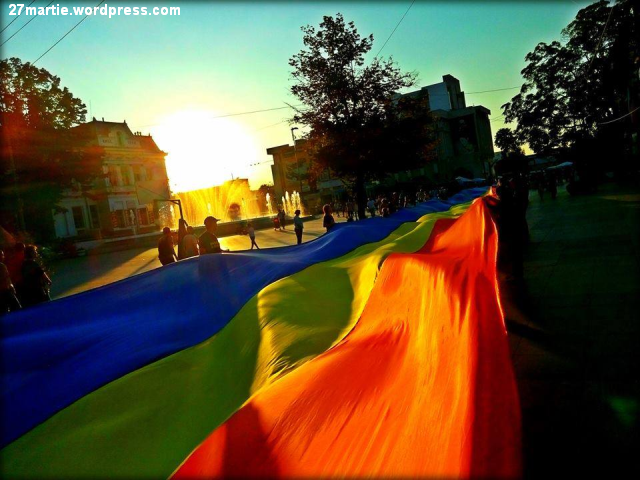
Bogdan Matei, 27.03.2017, 14:32
99 years have passed since March 27, 1918, when, at the end of the Great War, following the collapse of Tzarist Russia, the Country Council, the legislative body of Bessarabia at the time, voted for the unification of this province with a predominantly Romanian-speaking population with the mother country Romania. It was the first underlying act for the establishment of Greater Romania, a process that would end with Bukovina, Transylvania, Banat, Maramures and Crisana provinces joining later that year.
Every year, the Republic of Moldova, Romania and Romanian communities in the Diaspora mark the event, not without some nostalgia though, as the union was short-lived. 22 years later, in 1940, following an ultimatum, Stalins Russia annexed both Bessarabia and northern Bukovina, territories that are today part of the former Soviet republics of Moldova and Ukraine. Thousands of Bessarabians then fled to Romania, other tens of thousands were deported to Siberia or Kazakhstan and replaced with Soviet settlers brought over from all the corners of the empire.
The Moldovan Ambassador to Bucharest Mihai Gribnicea has stated that “todays Moldova is not the Bessarabia of 1918, neither in terms of its population paradigm nor in terms of territory and borders”. “The Republic of Moldova is more divided politically, administratively, ethnically, linguistically and religiously than the Bessarabia of 1918”, Mihai Gribnicea has also said. The Moldovan official has warned that half a century of Soviet occupation has left its mark on the local mindset, although Chisinau proclaimed its independence in 1991. Forced to cooperate, the Pro-West Prime Minister Pavel Filip and the Pro-Russia Socialist President Igor Dodon are telling of the political, geo-political and identity divide in Moldovan society.
The former visited Romania last week, defining the two states as “twin hearts”, while the latter has already paid his second visit to Moscow within three months of being sworn in. In recent years, both Bucharest and Chisinau have seen large-scale unionist rallies, with tens of thousands of people calling for the unification of the two states. Participants believe that to the Republic of Moldova, commonly seen as the poorest European state, currently having a deeply corrupt political class and weakened by pro-Russian separatism in Transdniestr, the unification with Romania is the only solution, given the countrys EU and NATO membership and its GDP, which experts say its 20 times larger than Moldovas. Meanwhile, Bucharest remains the most vocal supporter of Moldovas sovereignty and integrity and its efforts to join the European Union.

